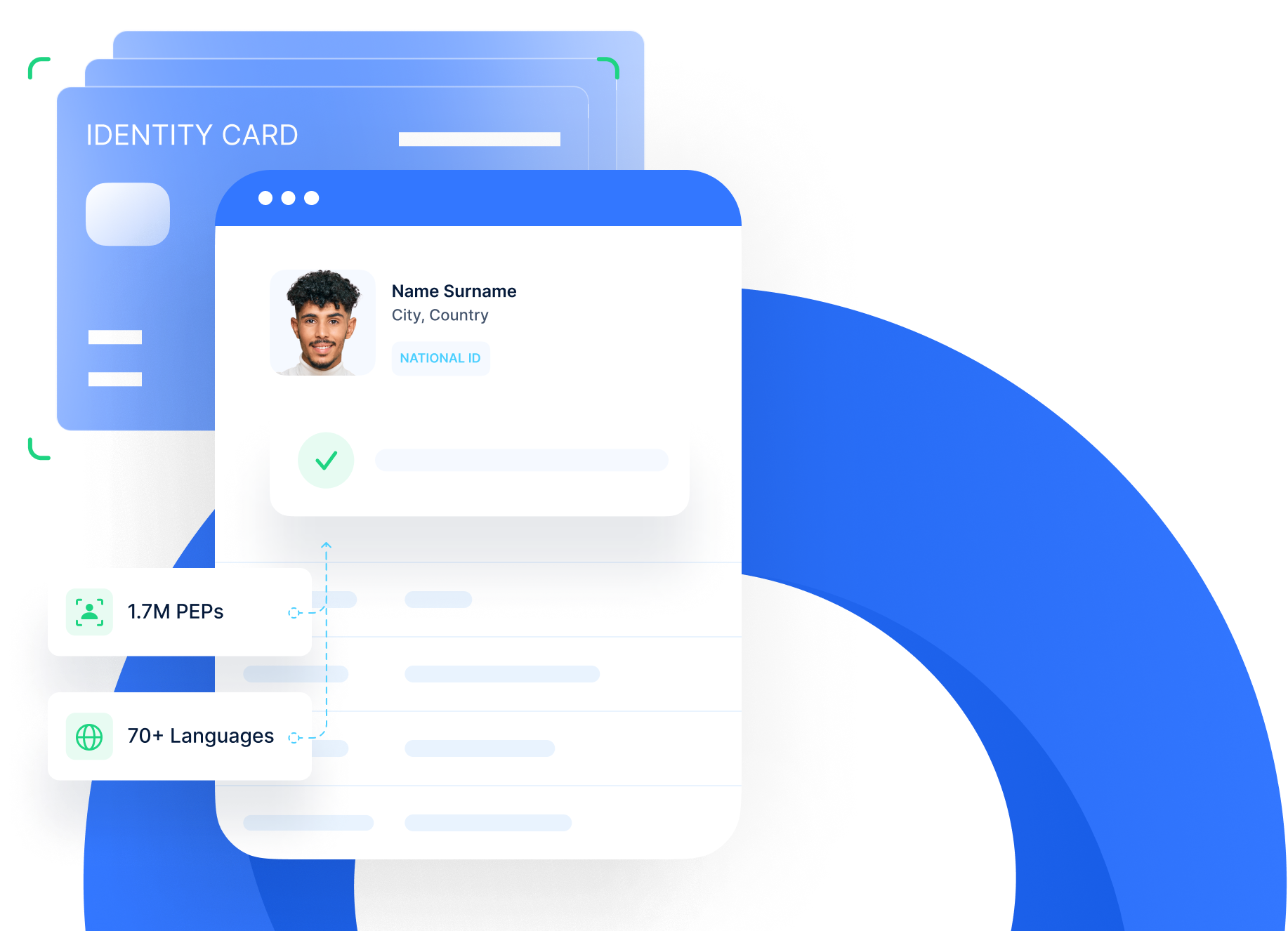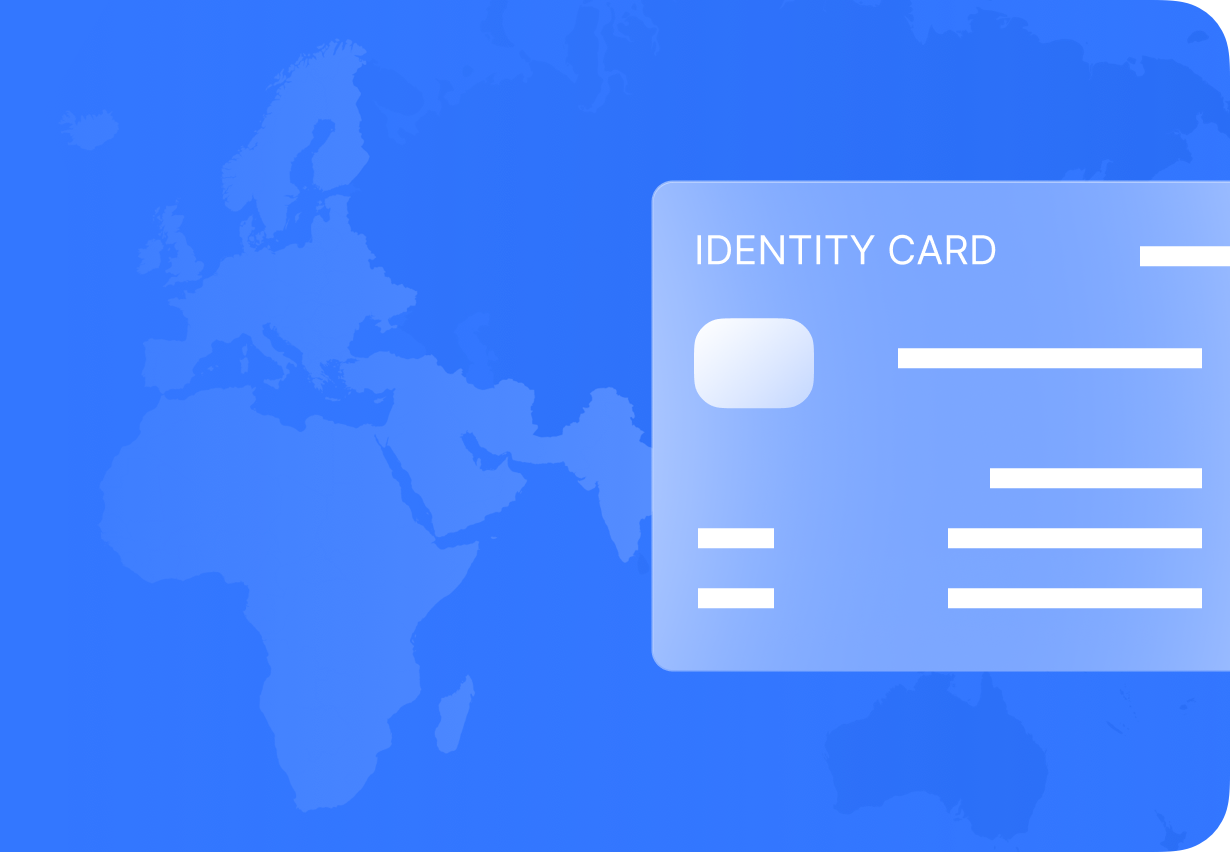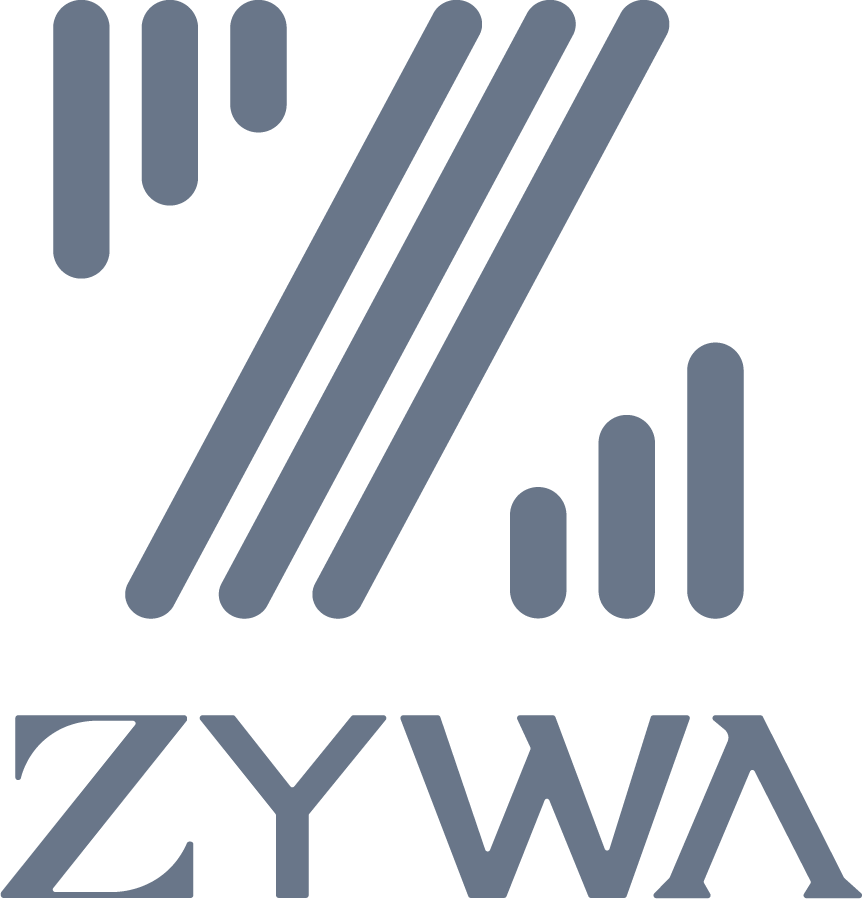PEPs
Onboard customers
and clients in a risk
free manner
Identify politically exposed individuals and evaluate the
associated risk to safeguard your company’s reputation.
See it in action:

Why choose us?
Extensive database
Check against a global list of 1.7+ million Politically Exposed Persons.
Identify risk
Evaluate risk thoroughly with relevant and up-to-date data.
Increase efficiency
Enhance operational efficiency and protect your company funds.
How it works?
Step 1
Obtain name and date of birth from the identity document of the user.
Step 2
Check the user details against global lists to evaluate risk profile.
Step 3
Keep an eye on changes in PEP lists to track changes in customer/client profiles.
PEPs Features
 High-risk PEPs
High-risk PEPs
- Heads of state.
- Parliament/cabinet members.
- Legislative assembly & state government members.
- Senior members of judiciary, military & banking systems.
- Top-ranked political party members.
 Medium-risk PEPs
Medium-risk PEPs
- Members of legislative assemblies at regional levels.
- Judges, magistrates, prosecutors, and attorneys.
- Senior members of international organizations.
- Mayors of global cities.
 Low-risk PEPs
Low-risk PEPs
- Heads & advisors of judicial, military and financial bodies.
- Senior civil servants at regional levels.
- Heads of international NGOs.
- Medium-level diplomats, Mayors of smaller cities.
 PEPs by association
PEPs by association
- Family members, close personal & business associates of PEPs.
- Business partners that share beneficial ownership of entities with PEPs.
More on PEPs?
A PEP (Politically Exposed Person) is someone entrusted with a prominent political position or a high-profile public function. Their position increases their susceptibility to financial fraud, bribes and corruption, increasing their financial risk profiles.
Most AML (Anti-Money Laundering) regulations include comprehensive requirements for PEP screening, which makes it beneficial for financial institutions to apply enhanced due diligence measures while dealing with PEPs.
PEPs are generally classified according to their risk values, and the FATF (Financial Action Task Force) classifies them as,
-
Foreign PEPs
Foreign PEPs are those politically exposed persons holding a prominent public function on behalf of a state that differs from the state in which a financial institution is currently operating from. These include heads of state, the council of ministers, senior military/judicial officers, and other prominent personalities. Once an individual is classified as a foreign PEP, they remain so even after the completion of their terms.
-
Domestic PEPs
Domestic PEPs are prominent political figures that hold a public function in the same state a financial institution operates from. Similar to foreign PEPs, they include heads of state, vice presidents, senior judicial/military officers and other senior leaders. Though they are considered to be less risky in comparison to foreign PEPs, domestic PEPs are generally more in number and require full-scale enhanced due diligence measures.
-
International organisation PEPs
These include the senior management of international organisations like the UN (United Nations), WTO (World Trade Organisation), International Monetary Fund (IMF) and other international bodies.
A risk-based PEP screening provider that incorporates strict AML/CFT policies helps financial institutions identify high-risk clients, protects them from fraud while enhancing their reputation. uqudo’s PEP checkers solutions enables your company to screen customers against global PEPs lists, protecting your platform from high-risk individuals.
Secure, frictionless, & fully compliant digital onboarding. Integrated seamlessly within your app.

Latest Screening/AML updates
6 tips for a successful AML (Anti-Money Laundering) Compliance
Chandrika Mahapatra
KYC Content Specialist uqudo
Our clients
Easily integrate  with your tech stack.
with your tech stack.
Use our simple and secure Web SDK, Mobile SDK, or RESTful API to seamlessly integrate identity capabilities into your operations.
See documentationAn award-winning team
uqudo is proud to be recognised by some of the world’s most distinguished organisations.
We price based on successful onboarding.
Say goodbye to request-based fees, repeat charges, and spiralling customer acquisition costs.
FAQ
What does your Screening process involve?
uqudo’s screening process involves running background checks by checking global lists for high-risk entities. In regulated industries, there is a requirement to ensure the individuals you are dealing with aren’t sanctioned to mitigate business risk.
- Anti Money Laundering (AML) is a set of policies, procedures, and technologies that prevents money laundering. Money laundering involves the execution of transactions to eventually convert illegally obtained money into legal money.
- A Politically Exposed Person (PEP) check, also known as PEP sanction screening, involves searching official politically exposed people lists to see if a prospective or current customer is on that list during client identification or transaction screening processes.
- Sanctions checks (sometimes known as watchlist checks) are specialised searches that include several international, government, or regulator sanctions databases that identify individuals prohibited from certain activities or industries.
How do you do AML/PEP’s/Sanctions screening?
Our Screening lists include the following:
- Monitored Lists: 900+ monitored lists that include international sanctions, money laundering and other global lists.
- PEPs (Politically Exposed Person) lists: PEP list check against 1.7+ million high-risk individuals.
- Adverse Media Screening: Screening against 3 billion media articles.
We can screen and monitor in real-time, on an ongoing basis.
What is AML?
AML (Anti-Money Laundering) refers to the rules and regulations that combat money laundering and terrorist financing. AML screening helps detect and identify these suspicious activities.
What are monitored lists?
Monitored lists use data from numerous sources to evaluate a customer’s risk profile. Some examples of monitored lists include
- International sanction lists (FATF, OFAC, UNSC)
- Regional sanction lists (MENAFATF, EU, GIABA, ESAAMLG)
- Money laundering
- Terrorist financing
- Drug trafficking
- Narcotics trafficking
- Human rights violations
- International treaties violations
What is PEP screening?
PEPs (Politically Exposed Persons) are those individuals holding a prominent public position, which increases their susceptibility to fraud. PEP screening involves identifying PEPs and evaluating their risk profiles.
Our PEP screening involves evaluation against 4 PEPs risk levels, which are:
- High-risk PEPs
- Medium-risk PEPs
- Low-risk PEPs
- PEPs by association
Why is watchlist screening important?
A global watchlist screening helps companies identify suspicious money launderers and individuals associated with financial crimes. Along with this, screening helps firms comply with their region’s AML/CFT regulations.
Are uqudo’s Screening lists regularly updated?
Yes, our database undergoes real-time updates, so our Ongoing AML can easily track changes in a customer’s risk profile.
Privacy Overview
| Cookie | Duration | Description |
|---|---|---|
| cookielawinfo-checkbox-advertisement | 1 year | Advertisement cookies are used to provide visitors with relevant ads and marketing campaigns. These cookies track visitors across websites and collect information to provide customized ads. |
| cookielawinfo-checkbox-analytics | 11 months | This cookie is set by GDPR Cookie Consent plugin. The cookie is used to store the user consent for the cookies in the category "Analytics". |
| cookielawinfo-checkbox-functional | 11 months | The cookie is set by GDPR cookie consent to record the user consent for the cookies in the category "Functional". |
| cookielawinfo-checkbox-necessary | 11 months | This cookie is set by GDPR Cookie Consent plugin. The cookies is used to store the user consent for the cookies in the category "Necessary". |
| cookielawinfo-checkbox-others | 11 months | This cookie is set by GDPR Cookie Consent plugin. The cookie is used to store the user consent for the cookies in the category "Other. |
| cookielawinfo-checkbox-performance | 11 months | This cookie is set by GDPR Cookie Consent plugin. The cookie is used to store the user consent for the cookies in the category "Performance". |
| viewed_cookie_policy | 11 months | The cookie is set by the GDPR Cookie Consent plugin and is used to store whether or not user has consented to the use of cookies. It does not store any personal data. |
















 with your tech stack.
with your tech stack.








